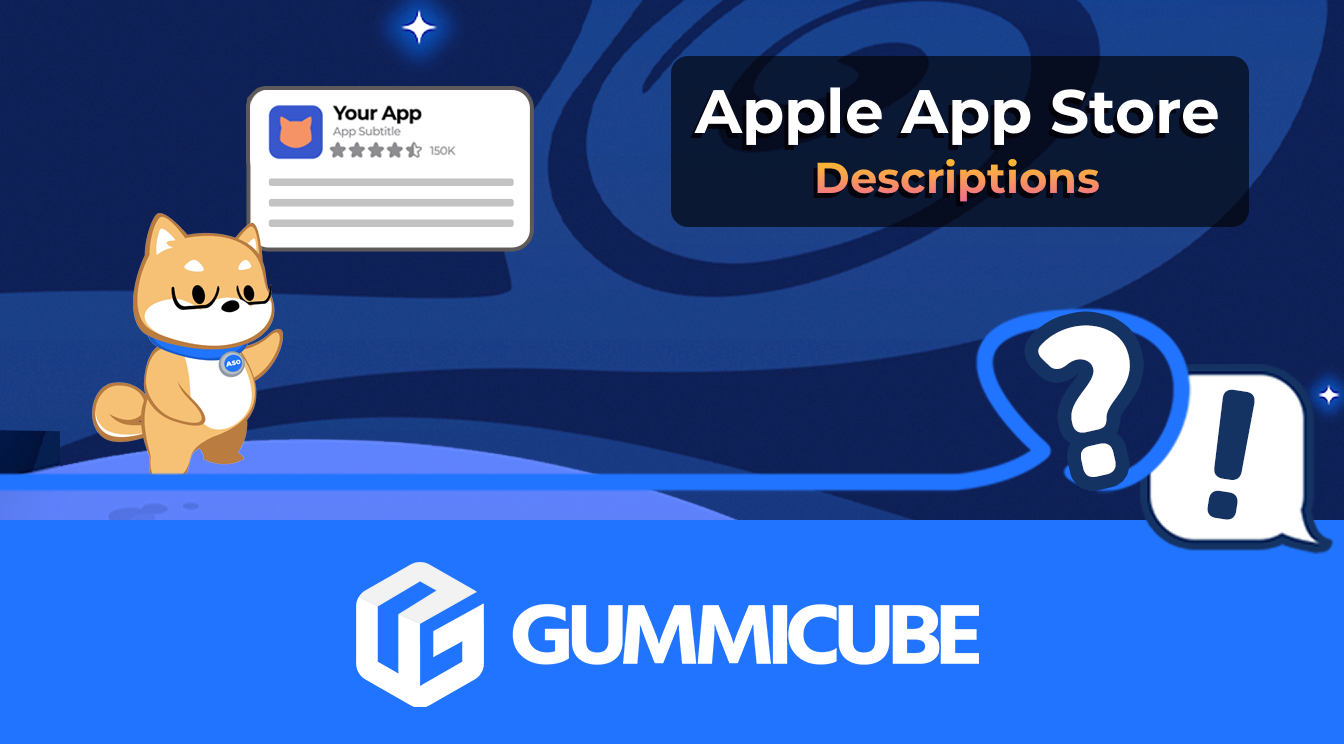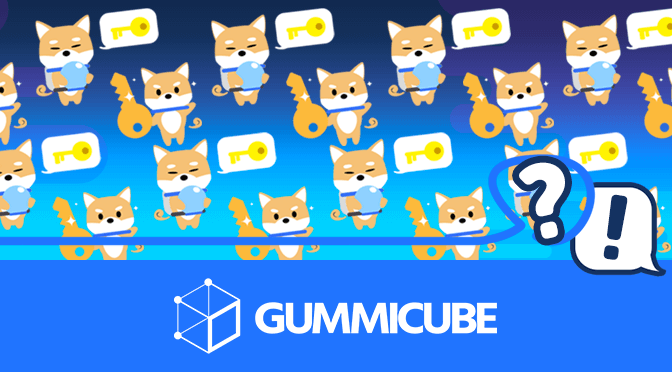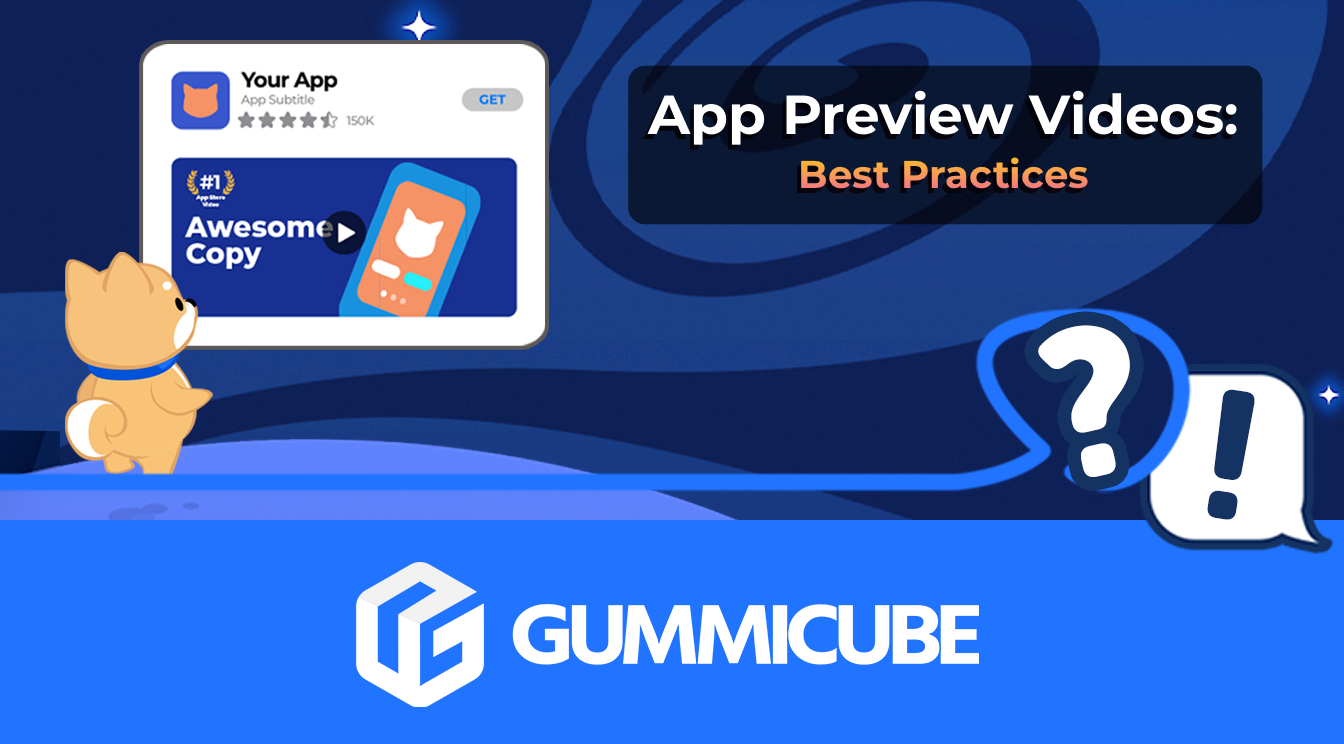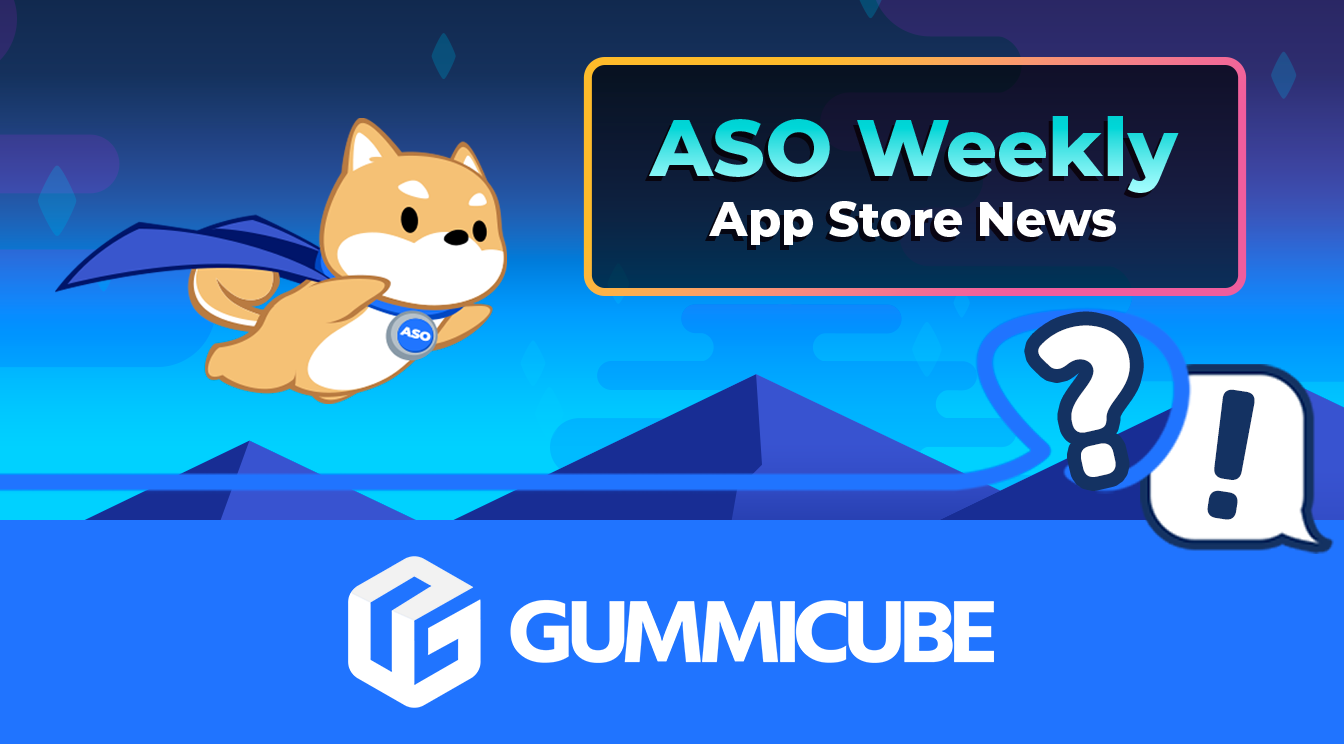
How to Write an Apple App Store Description
Posted on July 17th, 2024
Learn how to approach App Store descriptions the right way so you can effectively engage and convert users.

Your app keywords will determine how users find your app. If you want to be discovered, you need to choose your keywords wisely. But where does one even begin? How do you know what keywords will help your app the most?
By following App Store Optimization best practices, you can identify and implement the keywords that are most suited to help your app grow and reach users.
Are your keywords aligned with what your app does? The first thing you need to consider is how relevant the keywords are to your app.
When users search the App Store and Google Play Store, they’re looking for something specific. If your app can provide that something, it needs to appear in searches for it. This makes building relevance essential for keyword optimization.
An easy place to start is with the features your app provides. Consider what terms are related to your app and what it does.
A photography app may want to consider terms like “photos,” “photograph,” “pics,” “photo editor,” “photo album” and so on. Music streaming apps can not only target terms like “music,” “listen to music” and “stream music,” but also specific genres or bands that users can listen to, as those are relevant to the app. Volume and result relevance must be weighed when choosing these keywords.
What is in a name? In the world of apps, quite a lot. Brand names can be valuable for appearing in app searches, which can make them important keywords.
This means more than building your own brand name. Consider competitors in your space and how you can appear in searches for them. It’s common for social networking apps to target competing social media giants, like Facebook or Twitter. This can help an app appear before interested users even as they’re searching for a specific competitor, and also builds relevance for terms related to the competing app.
Keep in mind that this is only doable in an iOS keyword bank. Apps cannot target competitors in user-facing metadata, such as the title, subtitle or description. Instead, consider the keywords your competitors rank for. These can provide new insights into what relevant terms users are searching for, so you can widen your reach.
If users aren’t searching for a keyword, it will do you no good. Once you’ve identified what terms are relevant to your app, you need to find out which ones will reach enough users.
We can learn this by identifying their volume. High-volume terms are the ones users search for frequently, so they can potentially reach a large number of people per search. At the same time, the high-volume terms also tend to be the most competitive, and therefore the most difficult to gain a foothold in.
That being the case, is it better to target terms with a high or low search volume? What you really want is a proper balance.
High-volume keywords are ones with the greatest number of searches and competition. These can be very valuable if you can build your rankings for them. This will help increase your visibility with a wide audience.
At the same time, low-volume keywords still have value. If a lower volume term is directly relevant to your app, targeting it can help reach users who may have more niche needs. It can also be easier to rank for terms with less competition, which can help establish your positioning on the store.
Find the right balance of high and low volume keywords with the greatest relevance to your app. This will create a good foundation to grow from.
How many keywords should you target? Some developers may be familiar with targeting keywords through Search Engine Optimization and assume that App Store Optimization is the same.
That couldn’t be farther from the truth.
With ASO, you can target a large number of app keywords. Apple’s App Store provides 160 characters for keywords between the title, subtitle and keyword bank. Google Play, meanwhile, crawls the title, short description and long description for keywords. These both provide opportunities to target a wide array of keywords.
Over time, apps can build rankings for a wide number of keywords. Some apps can rank for hundreds, if not thousands, of terms. These range from specific keywords and general search terms to competitor brands and category terms.
When choosing your App Store keywords, consider how many you can fit. You have 30 characters for the title, 30 for the subtitle and 100 for the keyword bank. ASO best practices advise using as much of that space as possible.
It may require moving some keywords around between the three fields to get the optimal combination, but the goal is to fit as many relevant terms in your keyword fields as possible. Keep in mind that the title and subtitle are user-facing, so they need to be filled in a way that makes sense and can help with conversions.
Be careful not to repeat any keywords. Once they’re in the title, subtitle or keyword bank, they’re set. Repetition is redundant.
Since the Google Play Store crawls the title and descriptions for keywords, targeting them requires proper usage. They must be integrated into the description in a way that the algorithms can detect without compromising the description itself.
While it can be tempting to target terms like “online kids games free” to target that search term, how can you use it in the description while remaining grammatically correct?
In this case, you can also build relevance for the keywords by using them more than once. At the same time, overusing them can result in the description getting flagged for keyword stuffing. Make sure to utilize the keywords frequently but properly.
The app keywords you choose will influence the audience your app reaches and the searches it appears in. You need to choose them wisely.
Start by researching relevant keywords, identifying which ones have the best search volume and targeting as many as possible. This will help your app begin to reach users and grow its rankings in the App Store and Play Store.
Want to learn more about App Store Optimization? Contact Gummicube and we’ll help get your strategy started.

Learn how to approach App Store descriptions the right way so you can effectively engage and convert users.

Learn how to grab your audience's attention through effective and engaging app store preview videos.

Welcome to this week’s ASO Weekly - The App Store halts gambling ads amidst outcry and the Apple takes a bite out of NFT app sales.